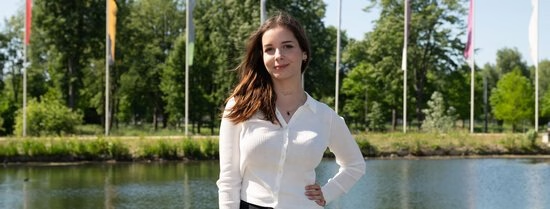The study programme in a nutshell
International conflicts, climate change, terrorism, corruption, poverty, and inequality are all collective problems of our time that have an international character. To deal effectively with these and similar problems, nation-states need to increase their own capacities through regulatory and administrative reform. In addition, they need to learn from each other and collaborate in international organisations such as the United Nations and the European Union.
The master's programme International Public Management and Policy (IMP) is a one-year graduate programme that stimulates students to navigate the increasingly multinational and international nature of public management and public policy-making. It gives them the scientific theories, concepts, and tools to analyse this international and multi-level environment. Furthermore, it equips them with knowledge and professional skills relevant to public careers with an international dimension.
Mode of education
Each core course consists of lectures, sometimes accompanied by smaller working groups. The lectures present the main theoretical and empirical insights about the course topic while providing ample opportunity for interactive discussions, group work, and practical work with data. Our courses have a wide variety of assessment methods, including exams, papers, (poster) presentations, and other (group) assignments. The practical assignments aim to teach you how to analyse and apply theoretical insights in the real world - no navel gazing, just real-world analysis!
The programme
The IMP master's programme curriculum consists of various components that equip you with the concepts, tools, and theories to analyse complex, multi-level international issues. The skills you learn will contribute to finding solutions for transnational challenges.
The programme contains 4 blocks and offers various modules, seminars, simulations, working group sessions, and guest lectures. It includes an extensive professional development component. You will visit international and European institutions in Geneva and Brussels to familiarise yourself with their work. You will also receive training in basic negotiation skills during our negotiation simulation. Renowned specialists give this training. In addition, we organise meetings and workshops with alumni to help you prepare for the job market. You will be trained to use various skills, for instance, how to pitch yourself during networking and how to write a resume for a job application.
Please bear in mind that the following curriculum reflects the current academic year. Adjustments to the curriculum and descriptions of courses may be added in the year.
